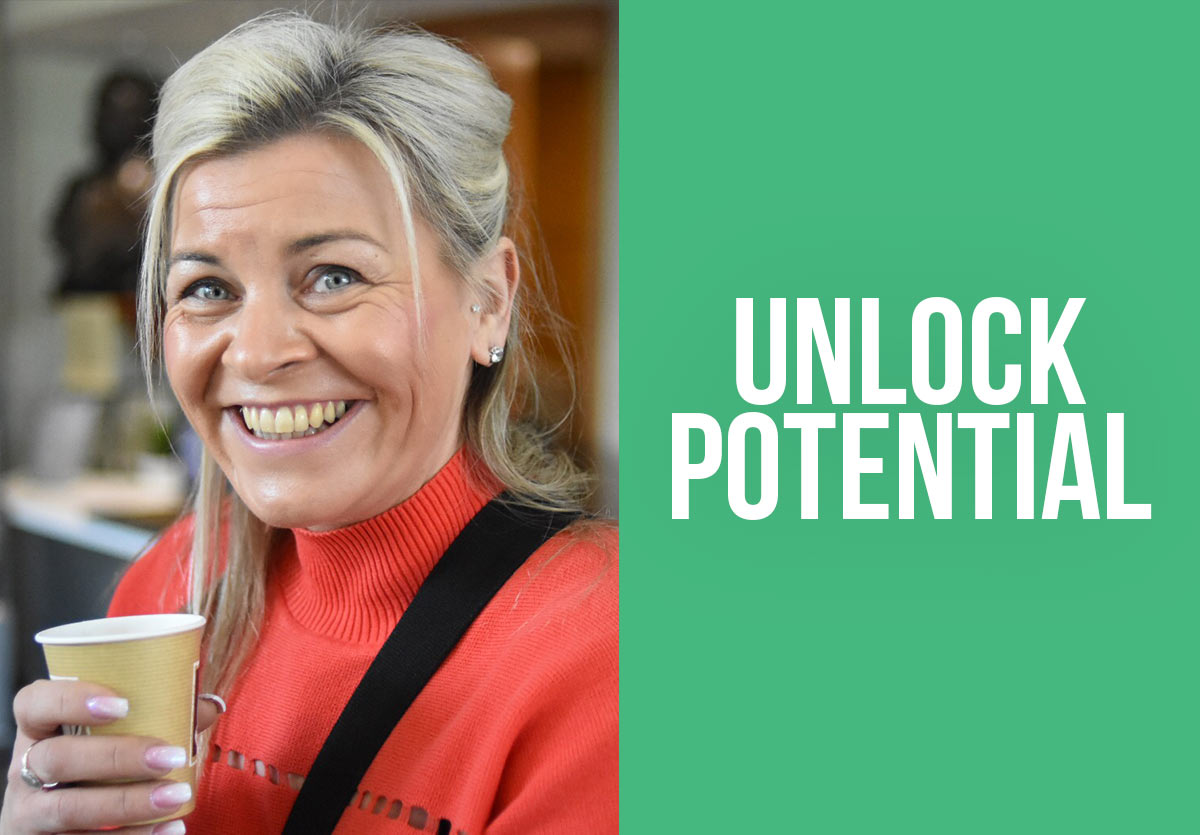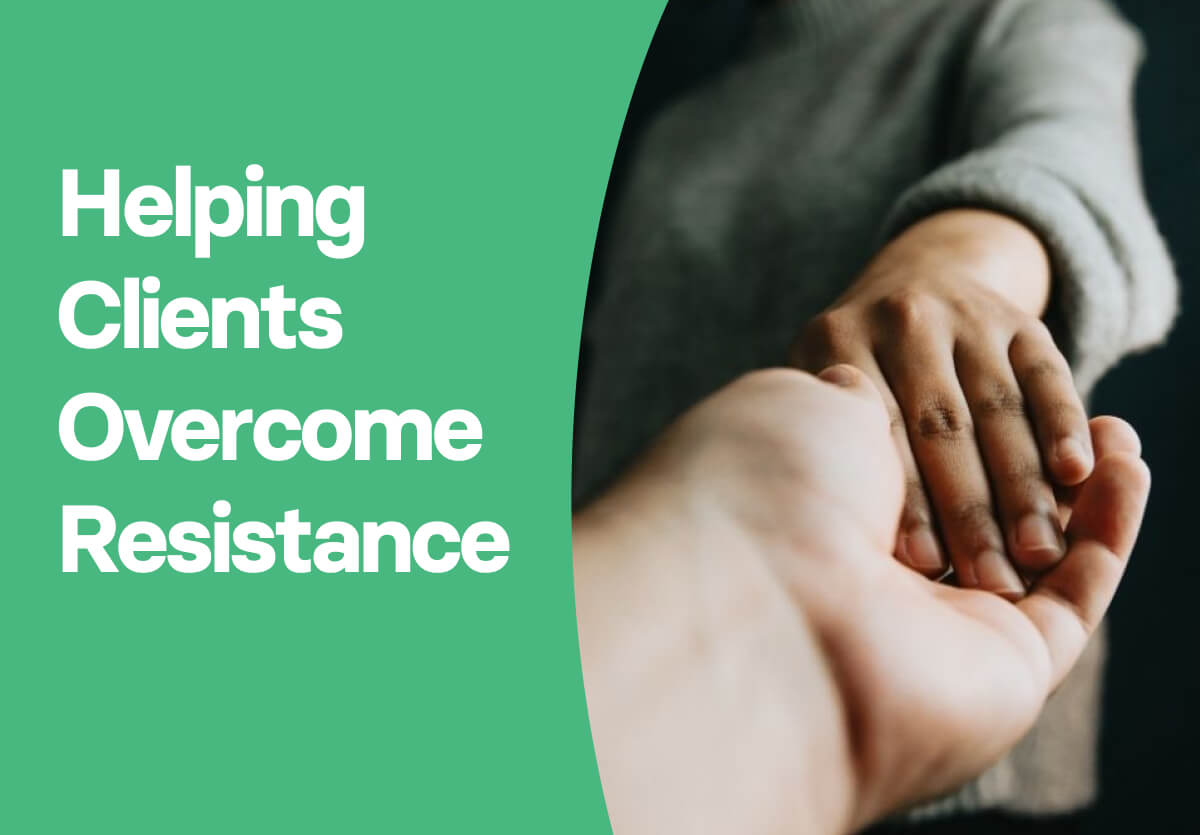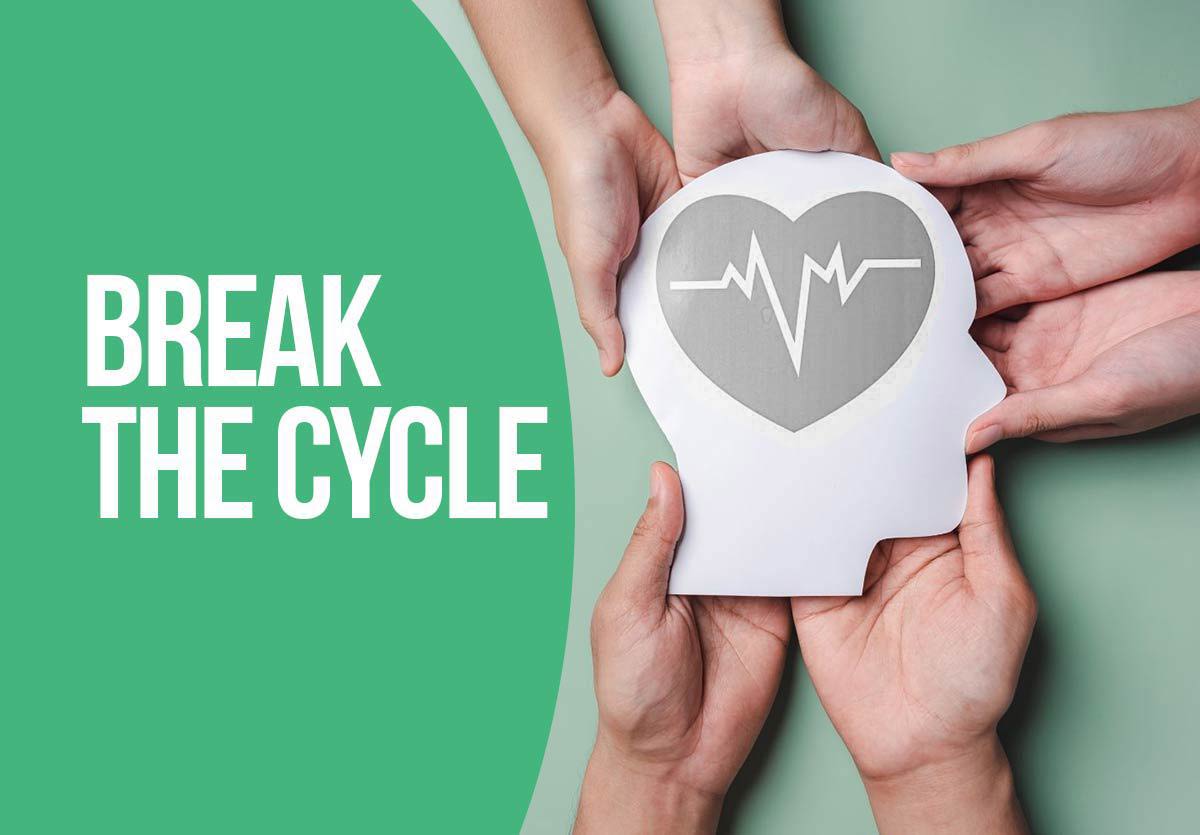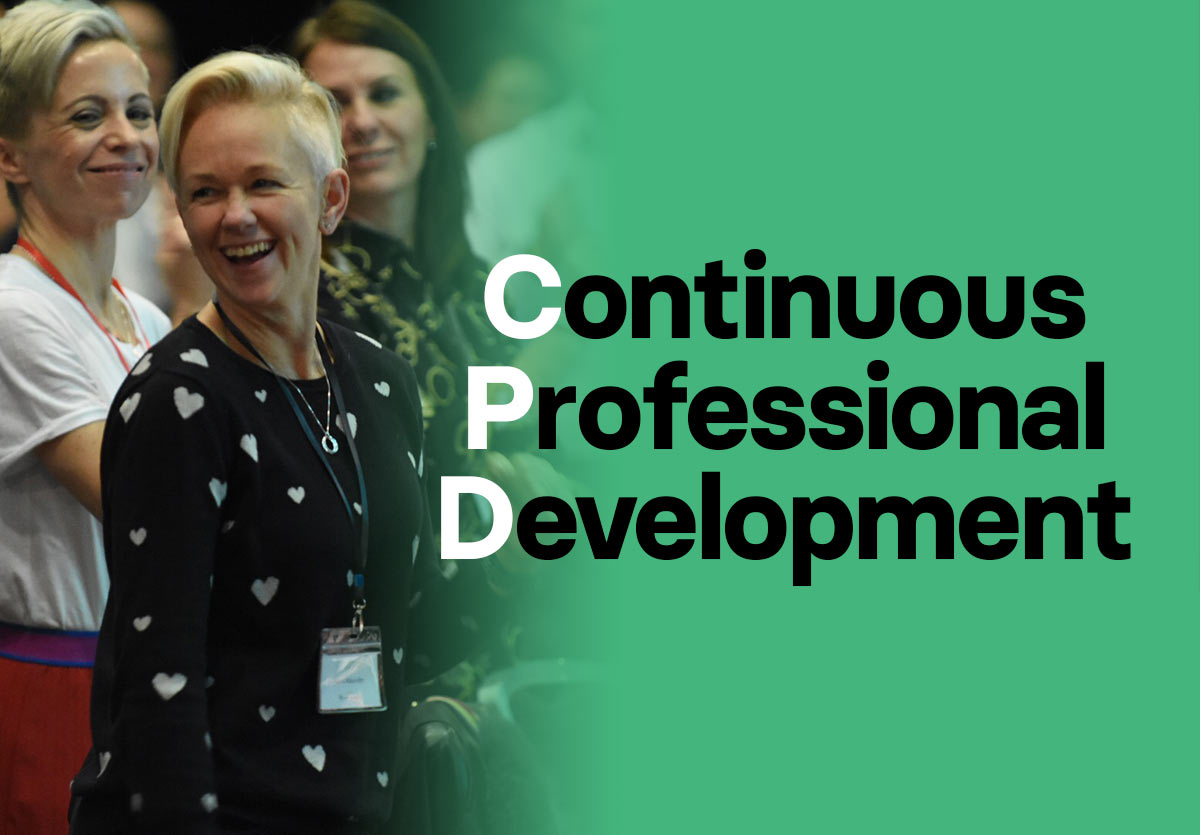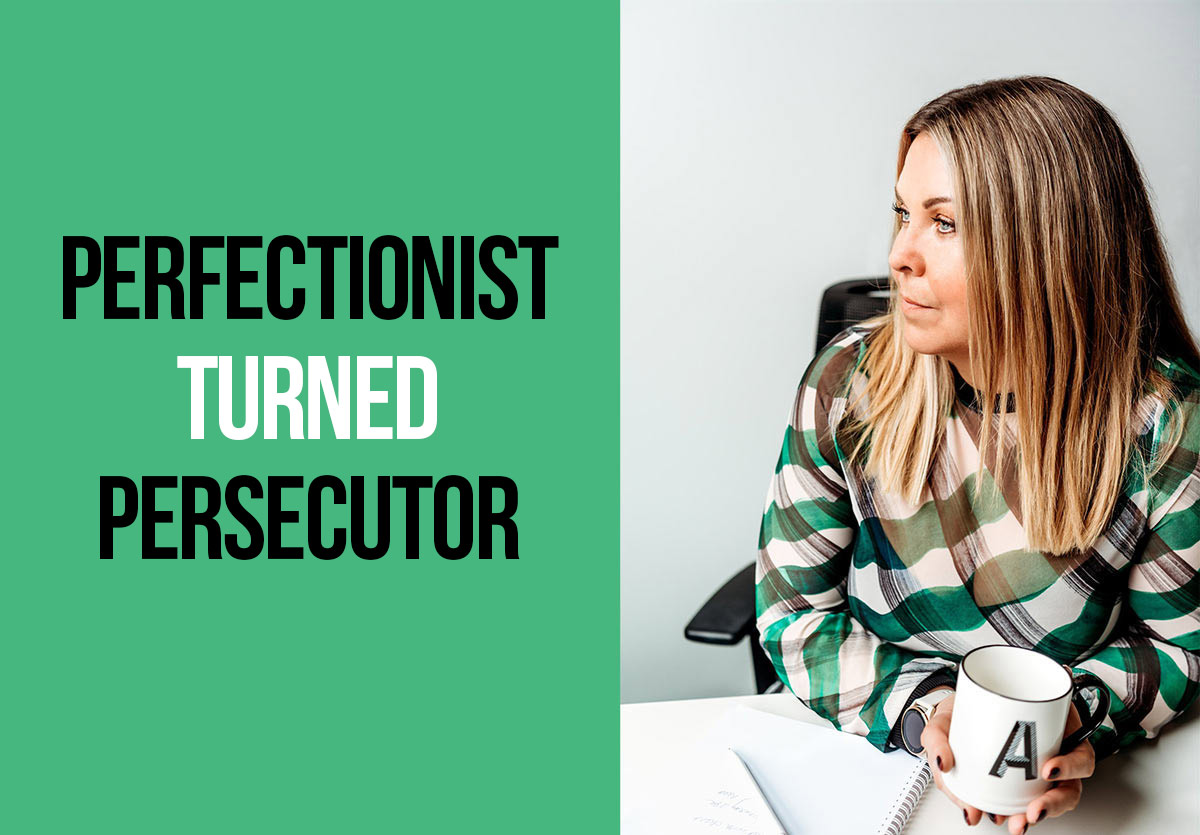At Paseda360 we teach coaches how to take clients on a three stage journey.
- Stop Being Stuck
- Find the Real You
- Unlock Your Potential
One of the most important elements which spans all three phases is working with the client’s belief system.
We teach coaches how to identify limiting beliefs and we find these are often linked to capabilities.
Beliefs are deeply ingrained and can hold individuals back from achieving their full potential. A famous quote by Henry Ford perfectly encapsulates the importance of mindset when it comes to achieving success: “Whether you think you can or think you can’t, you’re right.”
In this white paper, we will explore the meaning behind this quote and how coaches can use it to help their clients overcome limiting beliefs, let go of their pretender, and achieve their goals.
What is a limiting belief?
A limiting belief is a belief that an individual holds about themselves that limits their potential for growth and success. These beliefs are often formed as a result of past experiences or external influences, such as societal expectations, cultural norms, or negative feedback from others.
For example, an individual who has always struggled with maths may develop a limiting belief that they are “not good at maths” and therefore cannot pursue a career in a field that requires strong math skills, such as engineering or finance. They may panic whenever they are faced with situations that require logical thinking.
Another individual may have been asked to read aloud at infant school. They remember the whole class laughing at them when they stumbled on a word. This led to a belief “it’s not safe to speak up” which stifles the individual’s potential in adulthood.
The danger of limiting beliefs is that they can become self-fulfilling prophecies. If an individual believes they cannot succeed, they may not put in the effort or take the necessary risks to achieve their goals. This can lead to missed opportunities and a sense of unfulfillment.
Breaking down limiting beliefs
As a coach, your role is to help your clients identify and break down their limiting beliefs. One way to switch a client’s perspective is using the quote, “Whether you think you can or think you can’t, you’re right.”
This quote highlights the power of mindset when it comes to achieving success. If an individual believes they can succeed, they are more likely to take action and make it happen. On the other hand, if they believe they cannot succeed, they are more likely to give up before even trying.
We also teach coaches several strategies to help their clients break down limiting beliefs;
- Identify limiting beliefs: The first step is to help your client identify their limiting beliefs. Ask them to reflect on what they believe about themselves and their abilities. Encourage them to be honest and open-minded. Listen for limiting beliefs in their language. And, ask them to think about the most uncomfortable situations they’ve encountered as adults, as these often have a limiting belief at the root.
- Neutralise the belief. We do this using a combination of Havening Techniques and Limitless Light Therapy, working with memories. It’s a fascinating and effective step in the process which works with the amygdala in the brain.
- Challenge the beliefs: Once the limiting beliefs have been neutralised, it’s time to challenge them consciously. Ask your client to examine the evidence for and against their beliefs. Are there any examples of when they have succeeded in the past? Can they think of anyone who has achieved success despite similar obstacles?
- Reframe the beliefs: Instead of focusing on what they cannot do, encourage your client to reframe their beliefs in a more positive and empowering way. For example, “I may not be good at maths, but I am capable of learning and improving with practice.”
- Take action: Finally, encourage your client to take action towards their goals. Break down the steps into smaller, manageable tasks and celebrate each accomplishment along the way. This will help build confidence and reinforce the belief that they can succeed.
Conclusion
Breaking down limiting beliefs is a critical component of coaching. The quote, “Whether you think you can or think you can’t, you’re right,” reminds us of the power of mindset in achieving success. By helping your clients identify, challenge, and reframe their limiting beliefs, you can empower them to achieve their goals and reach their full potential.
Our Advanced Practitioner course teaches Limitless Light Therapy and Havening Techniques and it’s open for registration now.
Sign up here…


